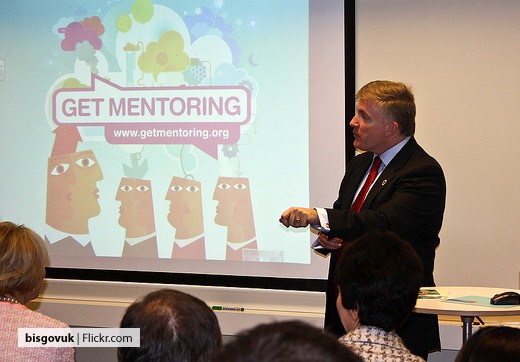
—>> “Help! My Co-Worker Sucks! What to do about it? Click to ReTweet Article
Mr. J biked to work every day. It was a far ride – and he decided early on, for some unknown reason, that he didn’t need to utilize the showers at his office. Instead he would shower himself in drug store cologne and head up to his desk to begin a long day of work.
His desk. Right beside mine.
Mr. J was my co-worker. My stinky coworker. To make matters worse, he had no idea what he was doing on the job. He was always making extra work for me. Mr. J sucked.
As long as your coworker is not abusive (emotionally, verbally, physically, etc) to you, chances are you can cope without making it a huge deal.
Unless you work alone all your life, you will – at some point – have coworkers who suck. From vaguely annoying to downright despicable, the range of suckery can vary.
Here are some common traits of the sucky coworker:
- They love the sound of their own voice and they’re always talking.
- They like to listen to music at work without any regard for others within earshot. Even worse, they listen to country music.
- They’re always taking personal phone calls or texting during the workday.
- They have terrible body odor.
- They have terrible body odor and cover it up with drug store cologne.
- They eat microwave popcorn in the office (that stuff reeks).
- They whistle at their desk.
- They’re lazy and do only just enough to get by.
- They’re the office cheerleader. C’mon. Nobody gets that excited about a new photocopier.
- They clip their fingernails at their desk. And God forbid, their toenails.
- They’re never on time to meetings.
- They ask simple questions when they could easily find the answers in Google.
- They’re always miserable. They only open their mouth is to complain.
- They’re always talking about other people during the day – and taking up your time with stories that you really don’t care about.
- They talk over people.
- They book unnecessary meetings.
If your coworker does any of the above, they suck.
So how do you deal? As long as your coworker is not abusive (emotionally, verbally, physically, etc) to you, chances are you can cope without making it a huge deal. If your coworker is abusive, you should start documenting your interactions and get Human Resources involved. Abuse goes beyond ‘sucky co-worker’ and it should not be tolerated.
But here are some tips on how to deal with mild – to moderately sucky coworkers. Continue reading →









